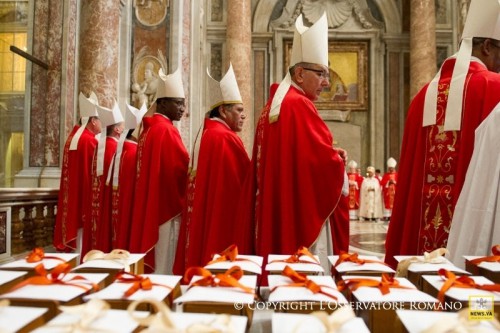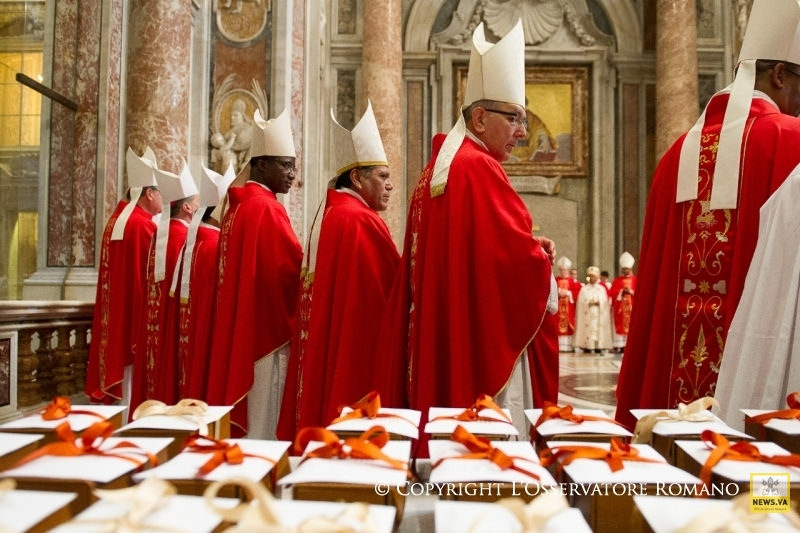
This is a networked world. And yet there are few genuinely global networks out there. By that I mean networks that have a capacity to operate globally, co-ordinated centrally but operating in capillary fashion, horizontally in a radial pattern as well as vertically in a hub and spoke model.
One of the reasons why we have an embassy to the Holy See is because the Foreign & Commonwealth Office (FCO), and the Holy See, run two such networks. We are able to communicate not solely through our “hub” representatives – in this case the British ambassador to the Holy See, and the Apostolic Nuncio in London – but also across our networks. This takes many forms: from meetings between our respective diplomatic delegations at the United Nations, to discussions between British aid officials and Catholic NGOs working in the Middle East; from a briefing for Catholic journalists on British foreign policy at a Pontifical University, to a British Minister meeting a senior member of one of the Oriental Churches in communion with Rome.
The FCO network has 268 posts in 168 countries and territories and 9 multilateral organisations. We aim to serve the whole of government, providing a global platform for more than 26 other government departments and 4,200 of their staff. Next week, I and other ambassadors from around the world will gather for our regular Leadership Conference in London, allowing us to interact with other parts of our network, meet Ministers, and in my case talk to a range of people inside and outside government directly interested in the work of this embassy. It’s a chance to refresh, and take stock.
The Holy See does something similar. Pope Francis recently spoke to trainee Holy See diplomats at the Pontifical Ecclesiastical Academy, reminding them of their global vocation. And just this week, on the Feast Day of SS Peter and Paul, he received 46 archbishops from around the world – from Cologne to Kuala Lumpur, Chicago to Cochabamba – to reinforce the link between the hub and “the periphery”.
Globalisation means that global reach is required to have impact even on local issues. We cannot be everywhere. But through alliances and interaction with other global networks, we can give it a good try. The Holy See has, arguably, the world’s most extensive global network, and as long as we aspire to a global foreign policy, it is right that we look for every opportunity to engage it.

